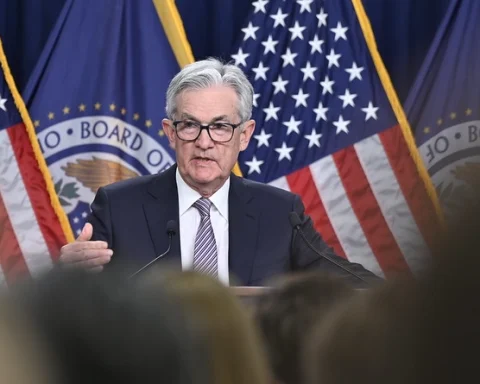In a strategic move to safeguard national security interests and address potential human rights concerns, the Biden administration has ramped up its efforts in the ongoing chip war against China. Commerce Secretary Gina Raimondo emphasized the significance of these measures, stating, “These export controls are intended to protect technologies that have clear national security or human rights implications.” She further highlighted that while the majority of semiconductor exports will remain unrestricted, the administration will act decisively when identifying threats to national security or human rights, in collaboration with allied nations.
These latest updates have emerged following extensive consultations with industry experts and thorough technological analyses. A notable development is the introduction of a “gray zone,” which will be closely monitored for chips that, while not meeting the criteria for trade limitations, could still potentially serve military purposes.
One key aspect of the updated policy involves the imposition of restrictions on chip exports to companies based in Macao or any region subject to a U.S. arms embargo. This strategic move aims to prevent countries under scrutiny from bypassing controls and supplying chips to China.
Moreover, the revised policy introduces additional requirements, rendering it more challenging for China to manufacture advanced chips abroad. The list of manufacturing equipment falling under export controls has been expanded, further fortifying the restrictions.
It’s worth noting that last year’s announcement of export controls was met with frustration by the Chinese government. They perceive the design and production of high-level semiconductors as vital for their economic and geopolitical aspirations. Secretary Raimondo, however, clarified that these limitations are not intended to hinder China’s economic growth.
In an attempt to foster bilateral understanding, Secretary Raimondo engaged in discussions with her Chinese counterparts in August, agreeing to exchange information regarding export controls. Despite this dialogue, a senior administration official, speaking on condition of anonymity, clarified that the U.S. government did not engage with China on the specific parameters of the revised export controls.
Premier Li Qiang, China’s second-highest-ranking leader, called for “concrete actions” from Washington to enhance bilateral relations, underscoring China’s desire for shifts in U.S. policy regarding technology, Taiwan, and other pivotal issues.
As the U.S. takes proactive measures to protect its technological edge and address potential security concerns, the implications of these new restrictions on the global semiconductor landscape remain to be seen. This calculated move is poised to have far-reaching consequences for U.S.-China relations and the semiconductor industry at large.
























